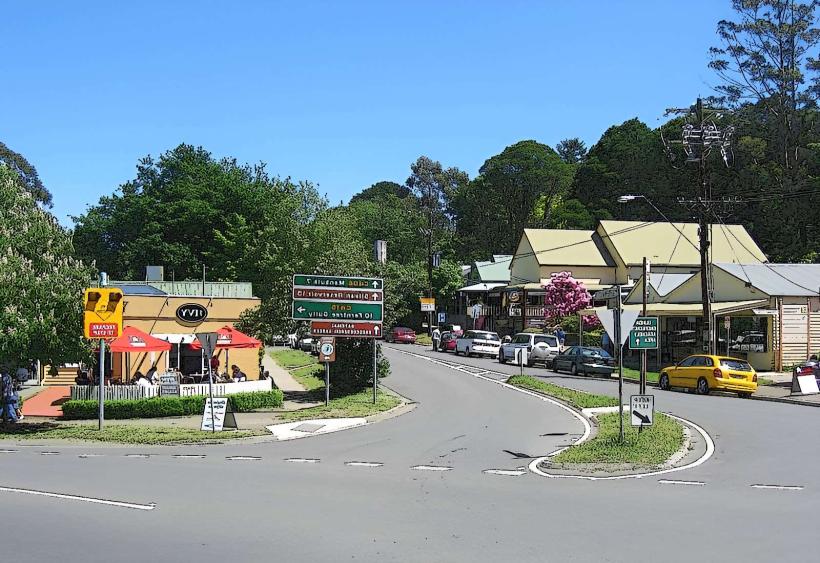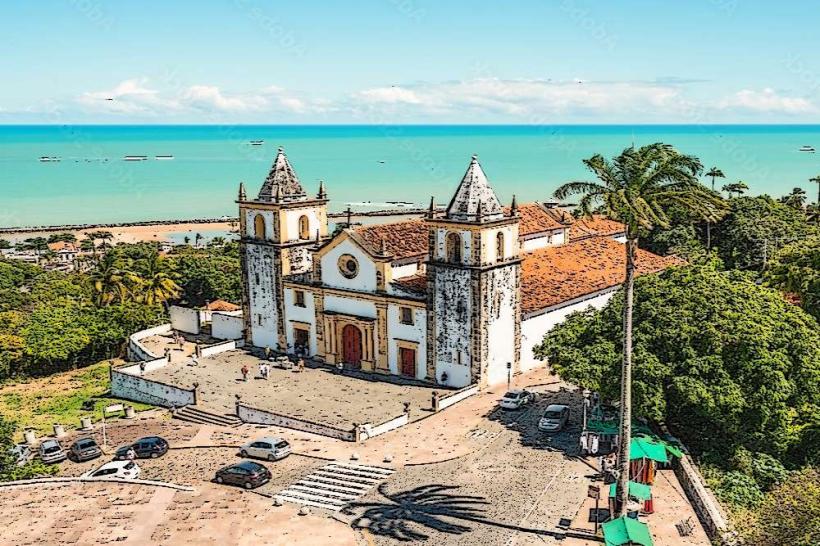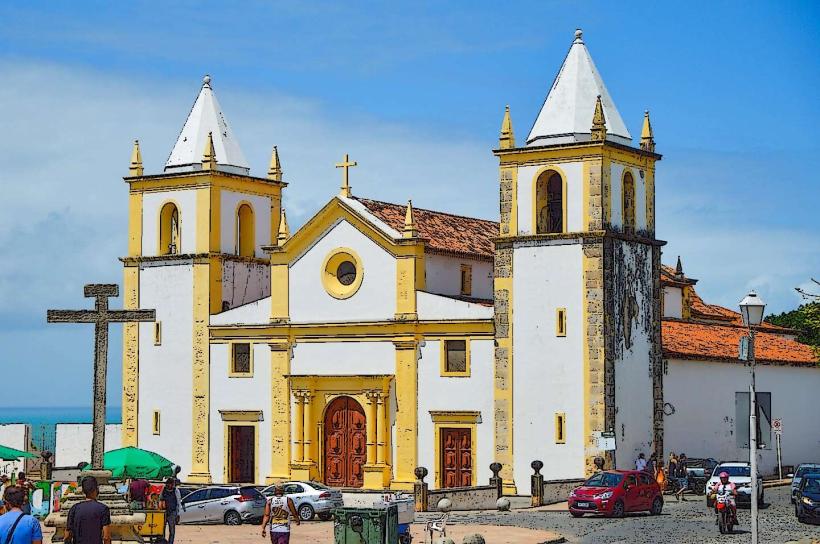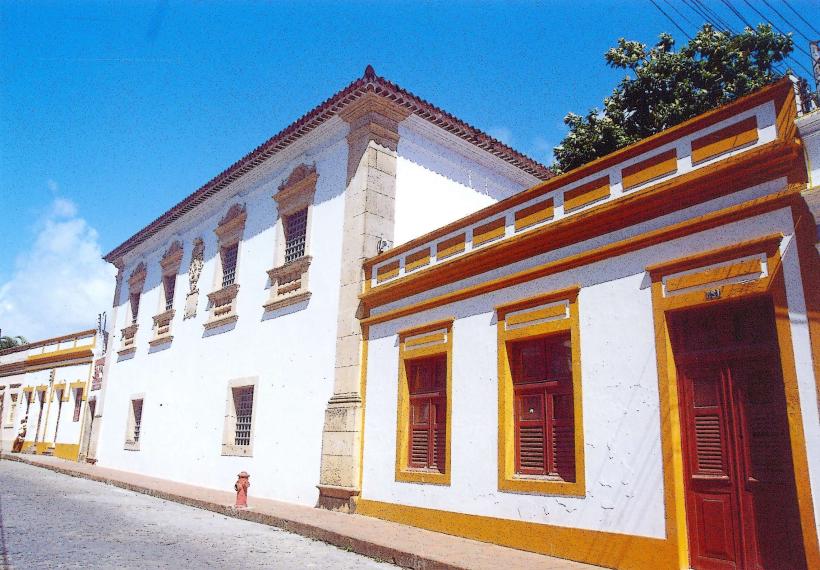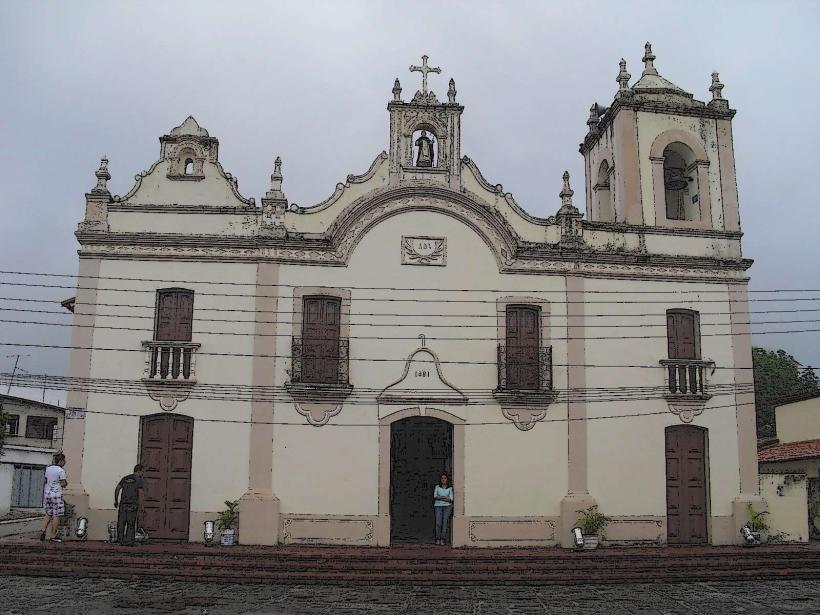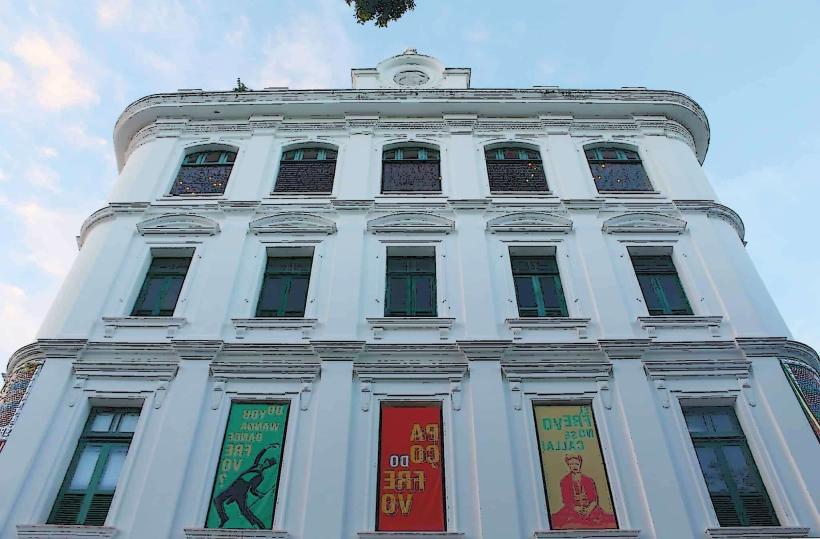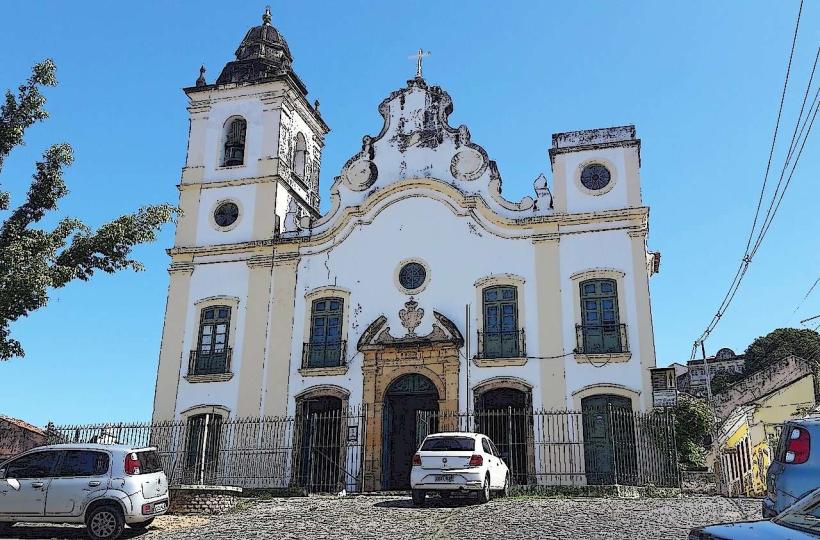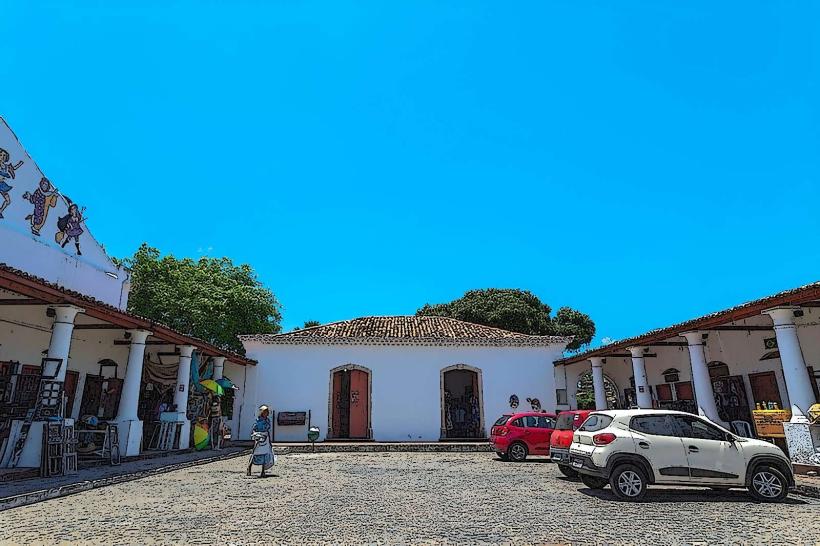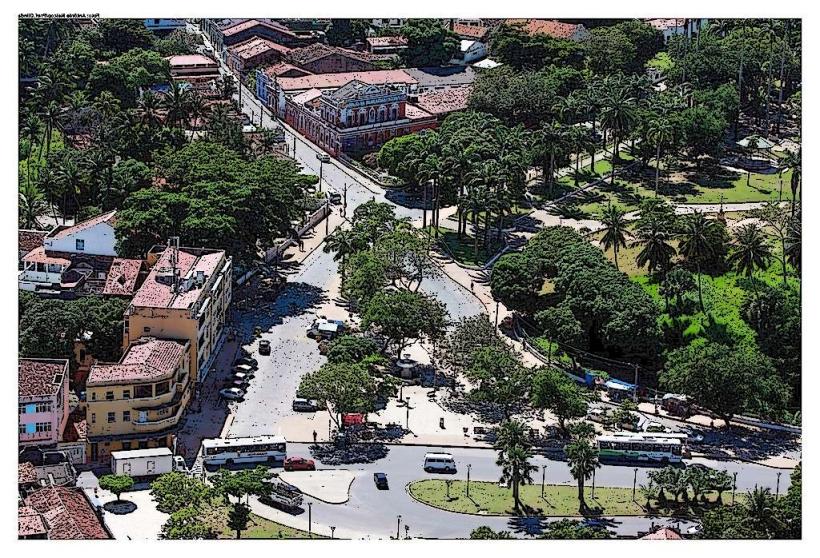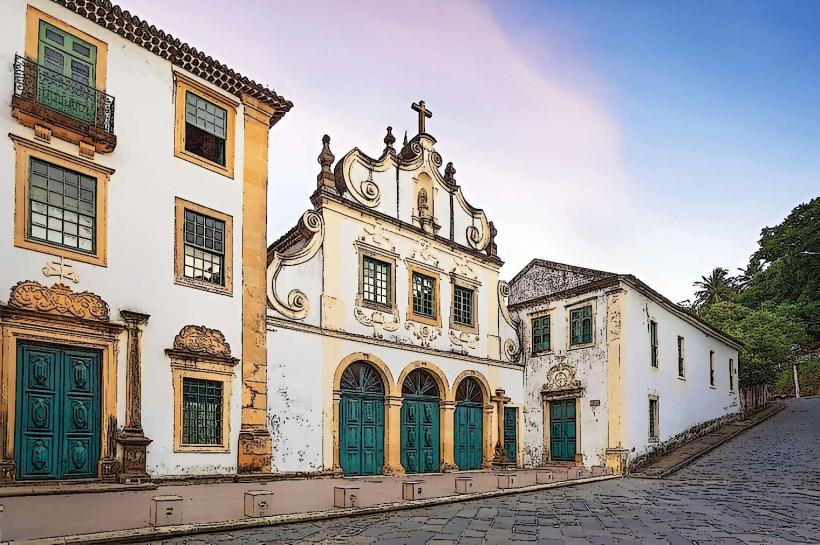Information
City: OlindaCountry: Brazil
Continent: South America
Olinda, Brazil, South America
Olinda serves as the colonial crown of Northeast Brazil and a UNESCO World Heritage site (designated 1982). It is situated on a series of hills overlooking the Atlantic Ocean and the neighboring city of Recife. It is one of the best-preserved colonial cities in Brazil.
Historical Timeline
Founded in 1535 by Duarte Coelho, Olinda was the original capital of the Captaincy of Pernambuco and once the wealthiest city in Colonial Brazil due to the sugar trade. It was burned to the ground by the Dutch in 1631, who preferred the port geography of nearby Recife. The city was later rebuilt by the Portuguese, maintaining its 16th-century urban layout. The 20th century saw its transition from an administrative center to a global cultural and artistic enclave.
Demographics & Population
The population is approximately 390,000. The demographic is a synthesis of Portuguese and African heritages. The "Olindense" identity is deeply tied to the arts, with a high density of painters, woodcarvers, and musicians living within the historic district.
Urban Layout & Key Districts
The city is divided into the Sítio Histórico (Upper City) and the modern coastal and residential areas (Lower City).
Sítio Histórico: The protected colonial core characterized by steep cobblestone streets and baroque churches.
Bairro Novo / Casa Caiada: The modern coastal districts containing the majority of the city's commercial services and modern residences.
Carmo: The transition zone between the historic hills and the coastline.
Top City Landmarks
Convento de São Francisco: The first Franciscan convent in Brazil, famous for its 18th-century Portuguese tiles (azulejos).
Basílica e Mosteiro de São Bento: A masterpiece of Brazilian Baroque with a gold-leaf high altar.
Alto da Sé: The highest point in the city, featuring a craft market, a panoramic elevator (Water Tower), and views of the Recife skyline.
Igreja da Sé: The cathedral of Olinda, featuring a blend of Mannerist and Baroque styles.
Mamulengo Museum: Dedicated to traditional puppet theater, a staple of regional folk culture.
Transportation Network
Movement within the historic core is almost exclusively on foot due to the extreme incline and narrowness of the streets.
Road: Olinda is connected to Recife via the Agamenon Magalhães and Beira Rio avenues.
Ride-sharing: Uber and 99 are the standard; cars often drop passengers at the base of the hills (Carmo or Praça do Jacaré) to avoid the steepest climbs.
Public Transit: Frequent bus lines connect the Olinda coastline to central Recife.
Safety & "Red Zones"
Safety Profile: The Sítio Histórico is generally safe during daylight hours due to high tourist police presence.
Red Zones: Avoid the peripheral neighborhoods like Rio Doce at night.
Precautions: Petty theft (phone snatching) occurs on the steep, deserted side streets of the historic center after dark. Stick to well-lit areas near Alto da Sé and the main restaurant corridors.
Digital & Financial Infrastructure
Average internet speed is 82 Mbps. 5G is available in the modern districts and central hills. The Pix system is universal. Card acceptance is high, including among the lacemakers and artisans at Alto da Sé. ATMs are available in Bairro Novo; there are very few inside the historic core.
Climate & Air Quality
Tropical climate. Temperatures range from 23°C to 30°C. Air quality is high, aided by sea breezes and the "backyard forest" (quintais arborizados) characteristic of colonial houses. The humidity is consistently high.
Culture & Social Norms
Olinda is world-famous for its Carnival, which is distinguished by its lack of "cordons" or tickets; it is entirely public. The iconic symbols are the Bonecos de Olinda (giant papier-mâché puppets). Tipping is a 10% service charge. A unique social norm is the "Tapoquinha" culture-traditional breakfast meetings in the historic markets.
Accommodation Zones
Historic Center (Pousadas): Recommended for those wanting an authentic colonial experience and views.
Bairro Novo: Recommended for those seeking modern hotel amenities and beach proximity.
Local Cost Index
1 Espresso: 8.00 BRL ($1.45)
1 Standard Lunch (Tapioca at Alto da Sé): 20.00 BRL ($3.65)
1 Mid-range Meal for 2: 150.00 BRL ($27.25)
1 Taxi/Uber from Recife (10km): 35.00 BRL ($6.35)
Nearby Day Trips
Recife Antigo: 7 km (20 minutes).
Ricardo Brennand Institute: 20 km (45 minutes).
Itamaracá Island: 45 km (1 hour); known for the Orange Fort and Manatee project.
Facts & Legends
A prominent legend involves the "Houseless Midnight Man" (Homem da Meia-Noite), a giant puppet that officially opens the Carnival at midnight on Saturday; he is considered a mystical protector of the city. A verified historical oddity is that Olinda was once considered for the site of the first university in the Americas, but the Portuguese Crown blocked the plan to keep the colony dependent on Coimbra. Another fact: the city's name reportedly comes from the exclamation "Ó, linda situação!" (Oh, beautiful location!) by the founder upon seeing the view from the hills.

